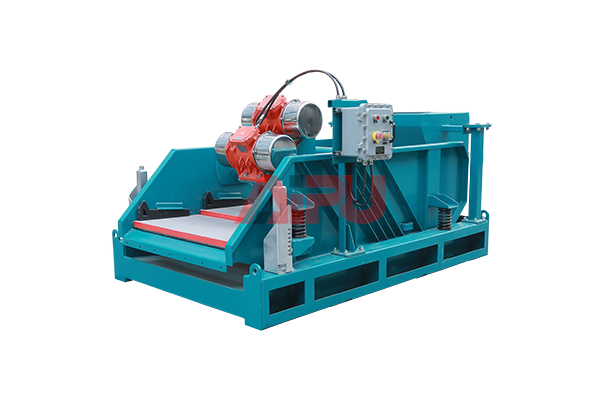Essential Maintenance Practices for Optimal Solids Control Equipment Performance
Proper maintenance of solids control equipment is crucial for ensuring efficient drilling operations and prolonging equipment lifespan. Regular maintenance not only prevents costly downtime but also maintains the quality of drilling fluids throughout the operation.

Daily Inspection Routines
Establishing a comprehensive daily inspection checklist forms the foundation of effective maintenance. Operators should examine all visible components for signs of wear, leaks, or abnormal vibrations. Pay particular attention to screen tension on shale shakers, as improper tension significantly reduces screening efficiency. Bearings and seals in centrifuges and pumps require frequent lubrication checks to prevent premature failure.
Component-Specific Maintenance Protocols
Different equipment components demand specialized care. Shale shakers need regular screen replacement and deck leveling to maintain proper fluid processing capacity. Desanders and desilters require vigilant monitoring of cone wear patterns and proper adjustment of apex valves. Centrifuges perform optimally when bowl and conveyor differential speeds are calibrated according to manufacturer specifications.
Fluid Management Considerations
The condition of drilling fluids directly impacts equipment performance. Maintain proper fluid properties including viscosity, density, and pH levels to prevent unnecessary wear on components. Implement a systematic approach to monitor and adjust fluid characteristics, as improper fluid chemistry can accelerate corrosion and reduce separation efficiency.
Preventive Maintenance Scheduling
Develop a preventive maintenance schedule based on operating hours rather than calendar time. Critical components such as motors, gearboxes, and bearings should be serviced according to manufacturer-recommended intervals. Keep detailed maintenance records to track component lifespan and predict replacement needs before failures occur.
Operator Training and Awareness
Well-trained operators represent the first line of defense against equipment problems. Ensure personnel understand normal operating parameters and can recognize early warning signs of potential issues. Regular training updates keep maintenance teams informed about new techniques and evolving best practices.
Spare Parts Management
Maintain an organized inventory of critical spare parts to minimize downtime during repairs. Focus on components with the highest failure rates and longest lead times. Proper storage conditions prevent premature degradation of spare parts before installation.
If your project requires solids control equipment, choose Aipu Solids Control, we believe it will be your best choice.
